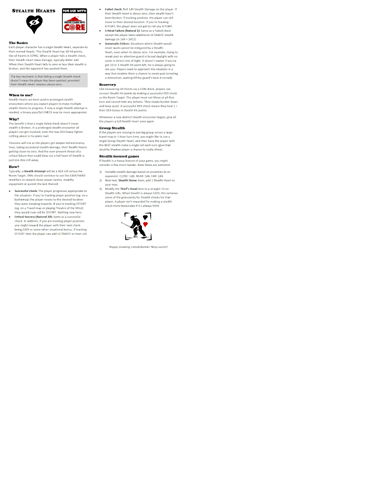Hey everyone! there is so much going on here in the forums lately, collaborative dungeon crafting, inktober art showcases, and of course @Lon with his great Horror Gaming elements series found here Lon on Horror Gaming: The Third Crucial Element.
This got me thinking, what other genres of gaming do i feel are difficult to pull off? Immediately my mind went to Spies and Heists. I have always wanted to run my own character as one of the heroes in an Oceans 11 style romp to get some secreted away treasure. Likewise, who wouldnt want to pull some 007 level espionage shenanigans, or run around fantasy Miami as medieval Michael from Burn Notice,so my question becomes…
What makes Subterfuge/ spy content good? unravelling a mystery, getting clues, sneaking around in dangerous places, attending the swanky party to schmooze up socialites and meet up with some foreign diplomat, assembling assets for every scenario all seem like super important or fun pieces to this puzzle, but can this be done well in the Tabletop RPG format? Have any of you fantastic lumpy heads pulled this off? What did you do? How did you plan? what did your players love about it? Do you have any suggestions for materials that are out there already so im not trying to reinvent the wheel? i am super curious about trying this style of game, or making my own to run some folks through. i think it will be a really fun time.
I look forward to mining the depths of your knowledge. as always STRENGTH, HONOR, and Sneaky Spies!



